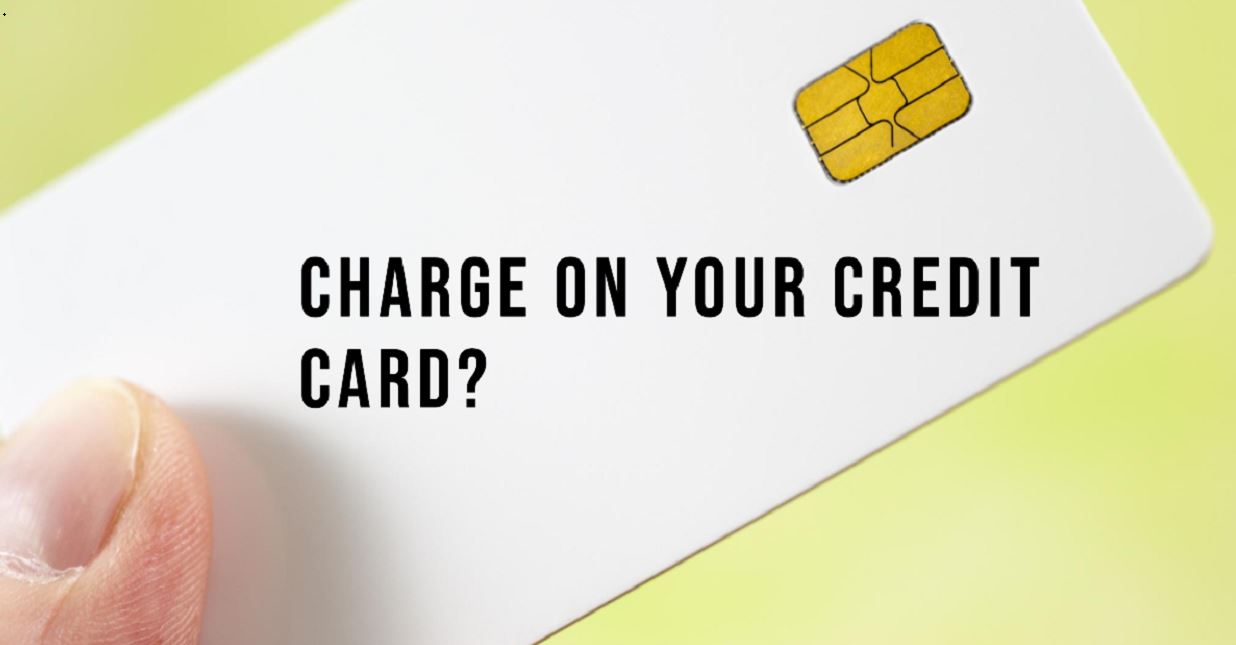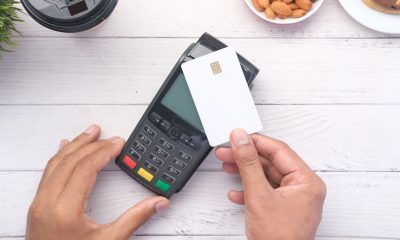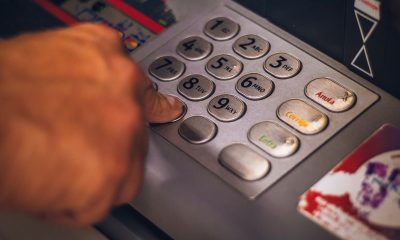finance
What is AND charge on credit card? What we know

Several reports of AND charge on credit cards and bank statements have been received from different users. We will be writing a short review about the charge.
Continue reading below to learn more.
AND charge on credit card
If you see the AND charge on your credit card, it means you bought an item from the company or someone else used your card which could be a sign of fraud.
Be aware that fraudsters frequently conduct a small dollar transaction to see if a card is active.
They begin selling the numbers on the black market after receiving approval.
Minor unauthorized purchases are frequently an indication that the card has been compromised, so you should lock your card right away.
Just keep in mind that the credit card company will investigate the charges, so you should retrace your steps before disputing the charge.
Examine all receipts from that time period to ensure you did not simply overlook a purchase you authorized. If you come up empty-handed, contact the merchant; it could be an honest mistake, and the charge can be reversed. If it’s not an error, contact your credit card company to dispute the charge.
What to do if you didn’t authorize the AND charge
If you did not authorize the charge or you never bought anything from the company, you could be the victim of credit card fraud. You must immediately notify your card issuer by calling the number on the back of your card or logging into your online credit card account.
Your credit card company will most likely cancel your card and send you a new one. You will not be held liable for the unauthorized charges.
How to look up a charge on your credit card statement
The first thing to rule out when you don’t recognize a charge on your credit card statement is that you don’t recognize the merchant name from the statement description.
Charges from merchants on a credit card statement may appear perplexing or unrecognizable, even to the person who authorized the charge.
Some merchant names are more cryptic than others, especially for small businesses that may use the owner’s name as a merchant name rather than the business name.
There are several methods for researching unknown credit card charges:
- Look up the words in the description of the charge on your statement using a search engine, exactly as they appear.
- Call the number on the back of your credit card to see if your card issuer has its own merchant search tool.
- Contact any merchants you did business with on the date of the charge and inquire about how their company appears on credit card statements.
With all of the credit card transactions that take place every day, mistakes are unavoidable.
However, cardholders have some recourse if errors appear on their credit card bills: you can dispute charges you don’t recognize.
What if I see something unfamiliar in my statement?
If something looks unfamiliar in your statement, take a few minutes to mentally retrace your steps.
What’s the date of the transaction, and can you remember what you were doing that day? You might have forgotten that you stopped somewhere unexpectedly for lunch, for example.
You can also check with family members or friends authorized to use the account to see whether they made the transactions in question. And think about whether you scheduled any purchases a while back that you might just now be seeing the charges for.
How to approach disputes
If you’ve researched the transaction and still don’t recognize the charge, it could be the result of an error or fraud. In either case, you should promptly contact your credit card issuer.
Unless the dispute concerns fraud, most issuers require you to file it within 60 days of the transaction appearing on your statement.
When it comes to disputes, contacting the business directly is often the fastest way to resolve things.












